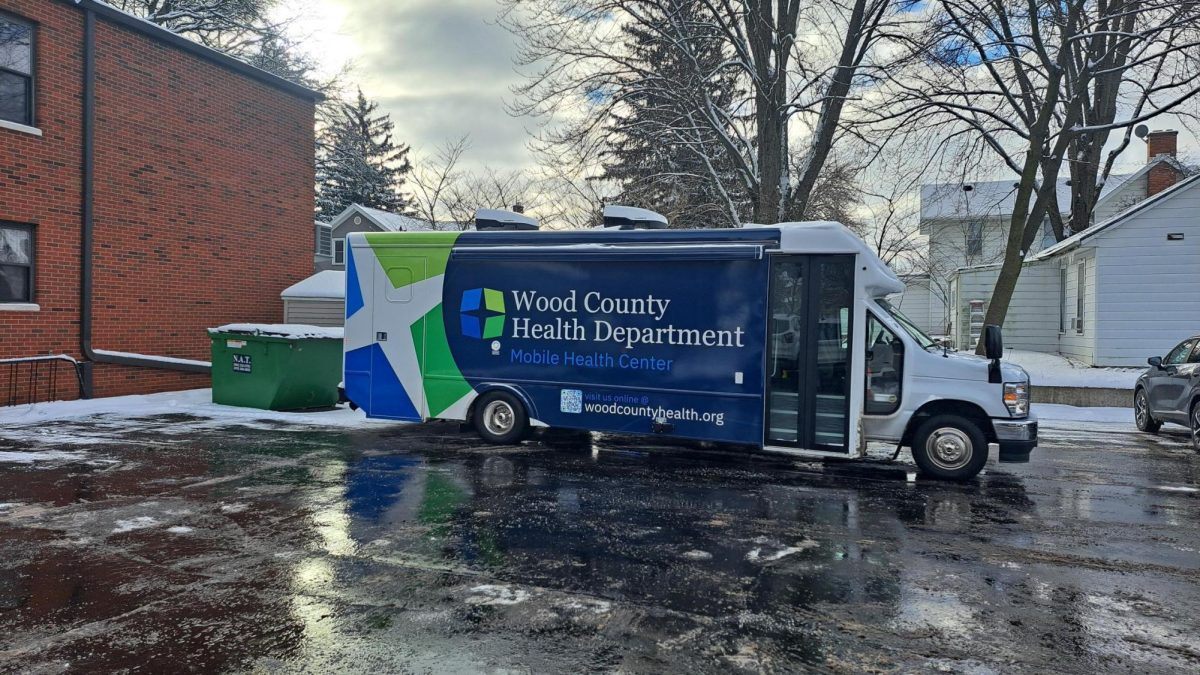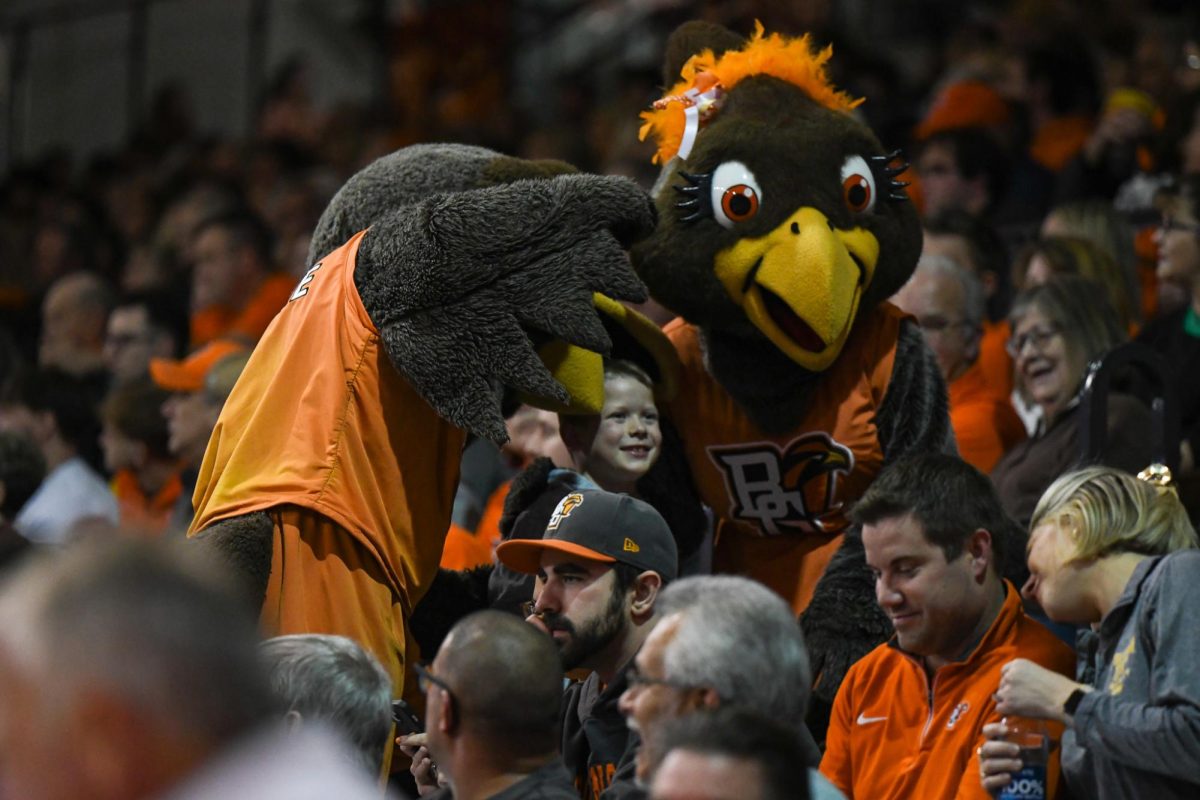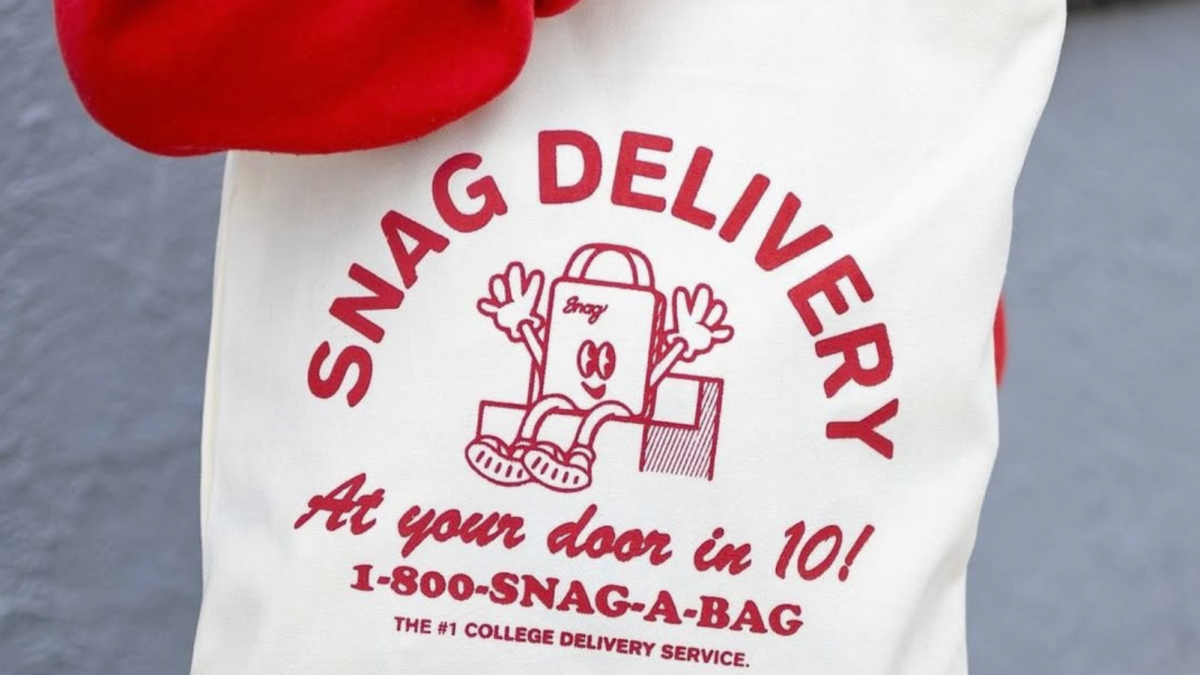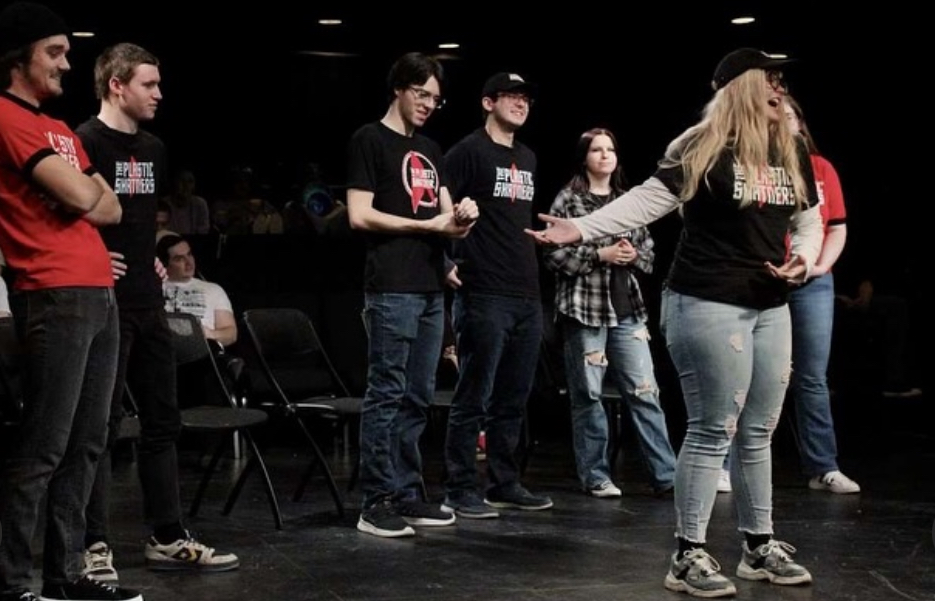Robbie Rogers advocated for an open-minded atmosphere on campus and in the world when he told his coming-out story to University students Wednesday.
Rogers was the first openly gay male athlete to compete in one of the five major sports leagues in the United States. As a professional soccer player and a son in a Catholic family, he lived in fear of being who he was.
During his speech, Rogers talked about a letter he wrote to himself when he was 14 years old. He knew in his teenage years he was gay, and coming out was an improbable thought. In his letter, he explained times were changing, and the hardships he was enduring would not last forever.
Later at 24, he wrote a letter to his family. Paralyzed with fear of sharing the letter, the draft evolved into an email revealing that he was gay.
“Try explaining to your loved ones after 25 years that you are gay,” Rogers said.
After he met his professional goals and fulfilled his dreams, Rogers noticed he was not satisfied. He retired from soccer and came out to the world in a letter posted on his Facebook and Twitter accounts.
Rogers soon returned to soccer by joining the L.A. Galaxy, which embraced his new identity. After his first season, he realized the hardships of coming out.
“Just because you have come out, doesn’t mean you solved all your problems,” he said.
He was scared of his new challenges and concerned no other soccer players or athletes had come out as well. However, Rogers explained he came out for his happiness and well-being.
“I didn’t come out to inspire anyone,” he added.
The program ended with a question and answer session in which Rogers addressed the atmosphere of the locker room and how difficult it was to deal with homophobic comments growing up. The questions ranged from his beginnings in soccer to more personal questions, such as his life with his partner and son, as well as how his friends reacted to his announcement.
“A few of my friends came out to me a year later,” Rogers said. “I honestly believe everyone has a coming out experience.”
Rogers has been making an impact in the athletic world and everywhere else, as he was thanked by former President Barack Obama and wrote a book, “Coming Out to Play,” which told his story.
WA1T President, Yannick Kluch, hopes Rogers’ initiative will ecourage students to become more open-minded.
“Often times in small towns they grow up not knowing anyone different from them,” Kluch said. “I’m hoping by bringing in someone to show them that it’s OK to be gay, that it’s sending a universal message that no matter who you are you should be accepted for who you are.”
Vice President for WA1T, Ivi Casagrande, met Rogers through an EXOS internship where she partially coached him. She made the connection and invited him to campus for a day filled with meeting student athletes and taking a tour.
“The energy you encounter here is open-minded and friendly,” Rogers said.
Rogers’ speech was part of the “WA1T: Our Voices” educational events, in which there are different speakers each semester that highlight voices that have been marginalized.
“The event was a great success. We had about 230 people here, and it’s good feedback for us,” Kluch added.













